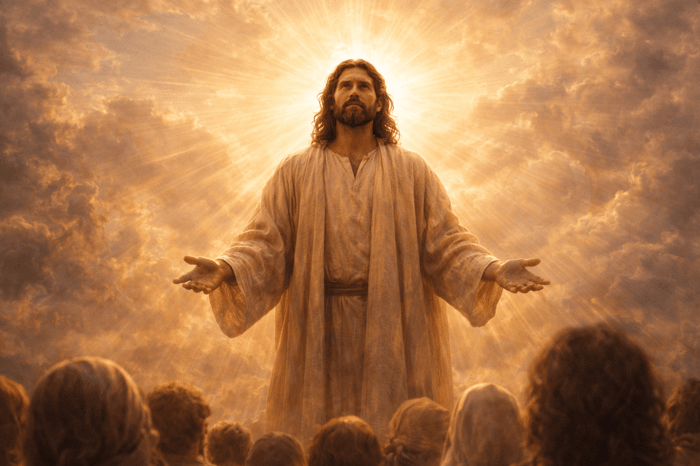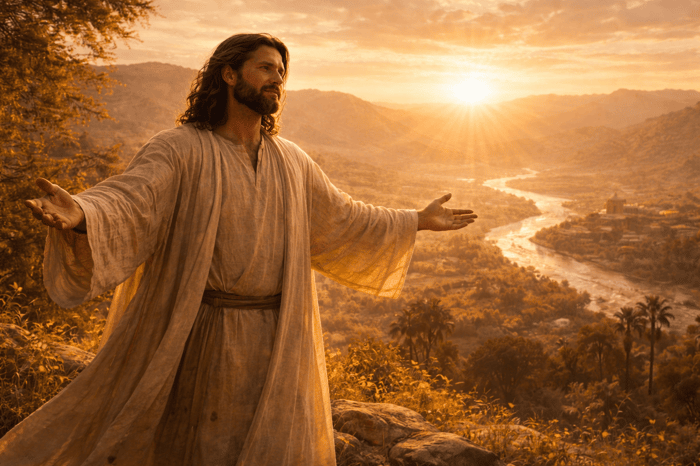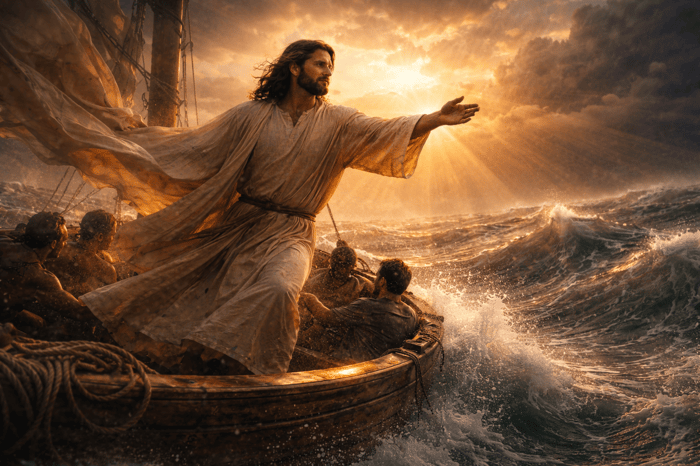Who Is Jesus the Messiah?
"Messiah" comes from the Hebrew word Mashiach, meaning "Anointed One." The Greek equivalent is Christos, from which we get the title "Christ." For Christians, Jesus Christ is not just a historical figure but the fulfillment of centuries-long prophecies. He is recognized as the Messiah, the Savior of humanity, and the central figure of the Bible.
In the Old Testament, the Messiah was foretold as a coming leader who would restore Israel, bring peace, and establish God’s kingdom on earth. When Jesus came, He fulfilled many of these ancient prophecies, offering hope to Israel and the entire world.
Prophecies About the Messiah Fulfilled by Jesus
The Old Testament contains numerous predictions about the Messiah. Here are some key prophecies that Jesus fulfilled:
| Prophecy | Old Testament Reference | Fulfillment in Jesus |
|---|---|---|
| Born of a virgin | Isaiah 7:14 | Matthew 1:22-23 |
| Born in Bethlehem | Micah 5:2 | Luke 2:4-7 |
| A descendant of King David | Jeremiah 23:5; 2 Samuel 7:12-13 | Matthew 1:1; Luke 3:31 |
| Betrayed for thirty pieces of silver | Zechariah 11:12-13 | Matthew 26:14-16 |
| Crucified alongside criminals | Isaiah 53:12 | Luke 23:32-33 |
| Resurrection from the dead | Psalm 16:10 | Matthew 28:5-6; Acts 2:31 |
Each prophecy fulfilled by Jesus strengthens the belief that He is the promised Messiah.
What Makes Jesus the Messiah Unique?
While many expected the Messiah to be a political or military leader who would free Israel from Roman rule, Jesus’ mission was spiritual. He came to establish a kingdom not of this world (John 18:36). Here’s what sets Jesus apart:
-
His Mission: Jesus came to save humanity from sin and death, not to conquer earthly empires. His sacrifice on the cross was the ultimate act of love and redemption (John 3:16).
-
His Teachings: Jesus taught about love, forgiveness, and humility. His message was revolutionary in a culture that often emphasized legalism and retribution.
-
His Miracles: Jesus performed miracles to demonstrate His divine authority. These included healing the sick, giving sight to the blind, and even raising the dead.
-
His Resurrection: The resurrection is central to Jesus' identity as the Messiah. It confirmed His victory over sin and death and offered eternal life to those who believe in Him (1 Corinthians 15:3-4).
The Messiah’s Role in Salvation
The title "Messiah" isn't just about what Jesus did but also about what He continues to do. Through His life, death, and resurrection, Jesus became the bridge between humanity and God. He fulfilled the promise of salvation, offering a path to eternal life.
As Romans 10:9 states, "If you declare with your mouth, ‘Jesus is Lord,’ and believe in your heart that God raised Him from the dead, you will be saved." This message remains at the core of Christian faith.
Why It Matters Today
Jesus as the Messiah holds profound meaning for believers today. He offers:
- Hope: In times of trouble, Jesus reminds us of God’s unchanging love and promises.
- Forgiveness: Through His sacrifice, sins are forgiven, giving people a chance to start anew.
- Purpose: Following Jesus brings a deeper understanding of life’s meaning and direction.
For non-believers, the story of Jesus invites curiosity and exploration. His life continues to inspire discussions about faith, morality, and humanity's future.
Key Takeaways
- Jesus fulfilled dozens of Old Testament prophecies, confirming His role as the Messiah.
- His mission was spiritual, aimed at reconciling humanity with God.
- The title "Messiah" underscores His unique role in salvation and eternal life.
Whether you are a lifelong Christian or simply curious about His impact, understanding Jesus as the Messiah provides a foundation for exploring faith, hope, and redemption.




